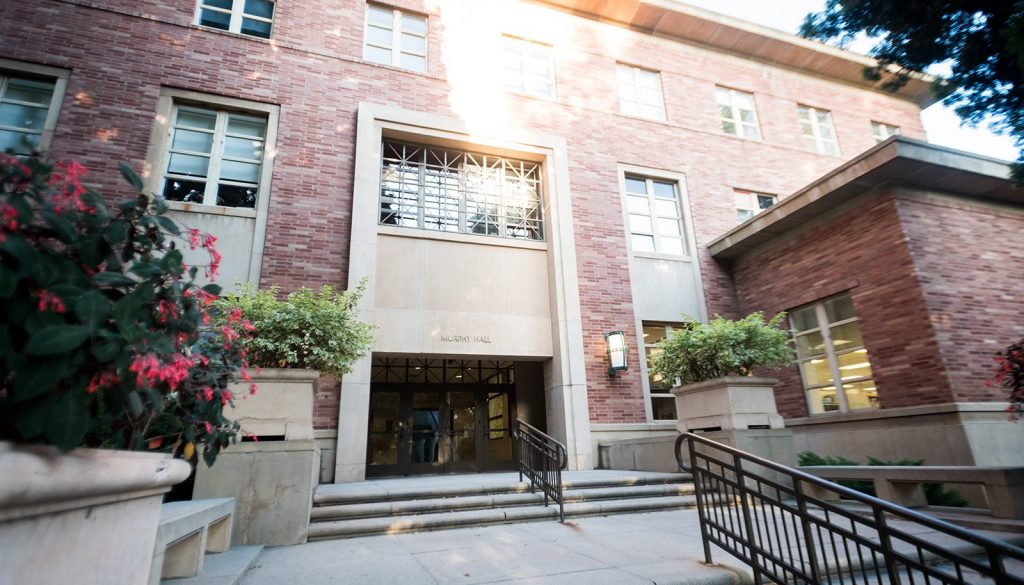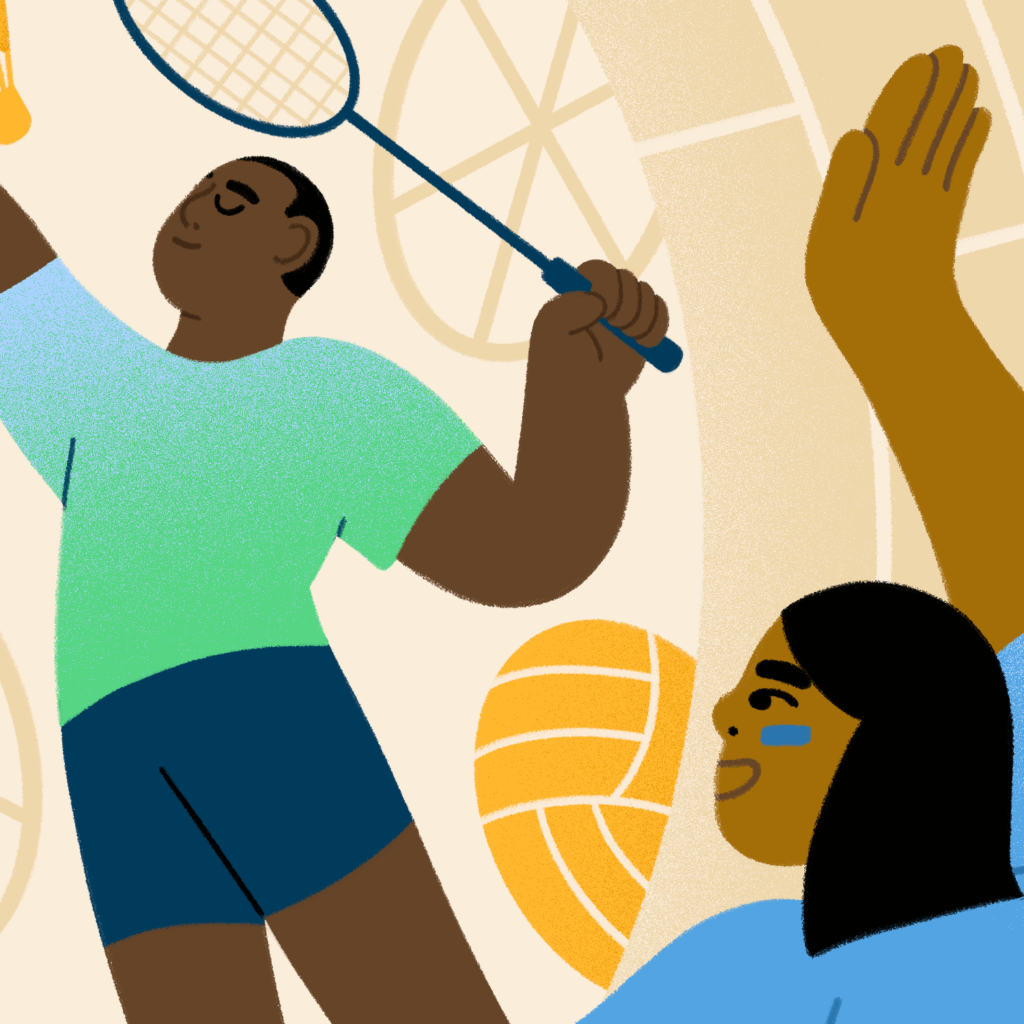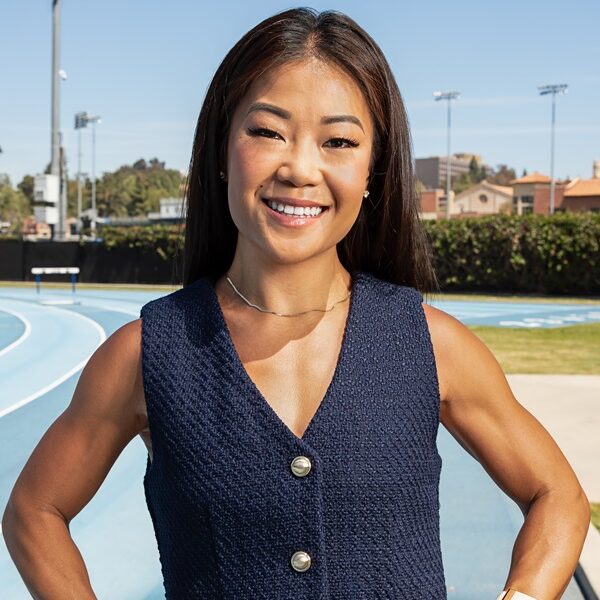This post was updated on Nov. 12 at 10:05 p.m.
UCLA is offering a new Bachelor of Arts in disability studies, which aims to bridge academic theories with lived experience and encourage students to advocate for change in their communities.
The program, which is the first disability studies degree at the UC, includes an internship program in a community-based agency and a capstone project, according to the UCLA Undergraduate Education Initiatives. Historically, disability has been taught in terms of clinical solutions, but UCLA’s disability studies program will connect medical education with the social construct of disability, creating a unique learning experience for all students, said Victoria Marks, the chair of the disability studies interdepartmental degree program as well as the existing minor.
Marks, a professor in the Department of World Arts and Cultures/Dance, said that disability studies are critical because the field challenges what is perceived as normal and forces people to consider the stigmas that those with disabilities face.
“(Disability studies) is a way of thinking about how we construct identities around health and well-being, functionality and in some degrees, citizenship itself,” she said.
While the major has been in discussion for many years, there were difficulties in figuring out what departments would be involved because of its interdisciplinary nature, said Brooke Wilkinson, director of academic initiatives for the Undergraduate Education Initiative.
Wilkinson said the major is more organized than the already existing minor, with classes from multiple disciplines centered around disability studies. The courses cover subjects such as health humanities and bioethics, where students can view these topics through disability studies – a lens that students rarely view these disciplines through, she added.
The major also allows students to blend their personal interests and experiences, Wilkinson said, adding that students are able to specialize in a topic that they select through the internship, which culminates in a senior capstone project.
Augustine Udukumbura, a member of the Disabled Student Union, said they believe it is important for nondisabled students to learn about these topics so they can more effectively help advocate for disabled students.
“Having it (the disability studies major) really spots disabled people, but it also puts us into everyday conversation,” said Udukumbura, who is also a fourth-year gender studies and sociology transfer student.
Some students have already expressed interest in the major. Elanor Armstrong, a first-year psychology student, said she plans on applying to the disability studies major, adding that she has worked and wants to work with individuals with disabilities after she graduates college.
She said she believes disability studies are important to normalize disabilities, as many people are not aware of what it means to have a disability, what having a disability looks like or what it is like for a family member to have a disability.
“(The creation of the major) shows that UCLA is an inclusive campus that provides the resources for people to learn and grow,” Armstrong said.
She added that the possibility of the major was one of the reasons why she decided to attend UCLA, as things like the internship will allow her to have real-world experience with the course content.
As part of the upper-division coursework for the major, students must take four electives on interdisciplinary perspectives in disability, according to UEI. These courses are offered by a variety of departments, such as community health, English and gender studies.
Udukumbura, who is queer and has bipolar disorder, said they believe such an intersectional approach allows disabled students to learn more about their conditions from different perspectives, as people with the same disability might experience their condition in different ways.
“I think, in a sense, it helps me make space for my own feelings,” they said. “It really helps to have almost an explanation.”
Armstrong said she hopes the major will help her decide how she wants disability studies to be incorporated into her career path. Students can go on to work in all kinds of fields – including law, medicine or education – once they graduate with the disability studies major, Wilkinson said.
“It allows all students, whether disabled or not disabled, to have language for and think about, tangibly, how it is that we move through the world differently,” Marks said.
Udukumbura added that they hope the interdisciplinary approach will help validate the experiences and feelings of disabled students studying their disability or other disabilities.
Marks said she hopes the major will ultimately allow students to vouch for diverse communities and advocate for change.
“These students will go on to be the people who make changes in the world that affect all of our lives,” she said. “A new generation will come up who can take on these complex issues of rights and justice and respect and dignity and care.”



